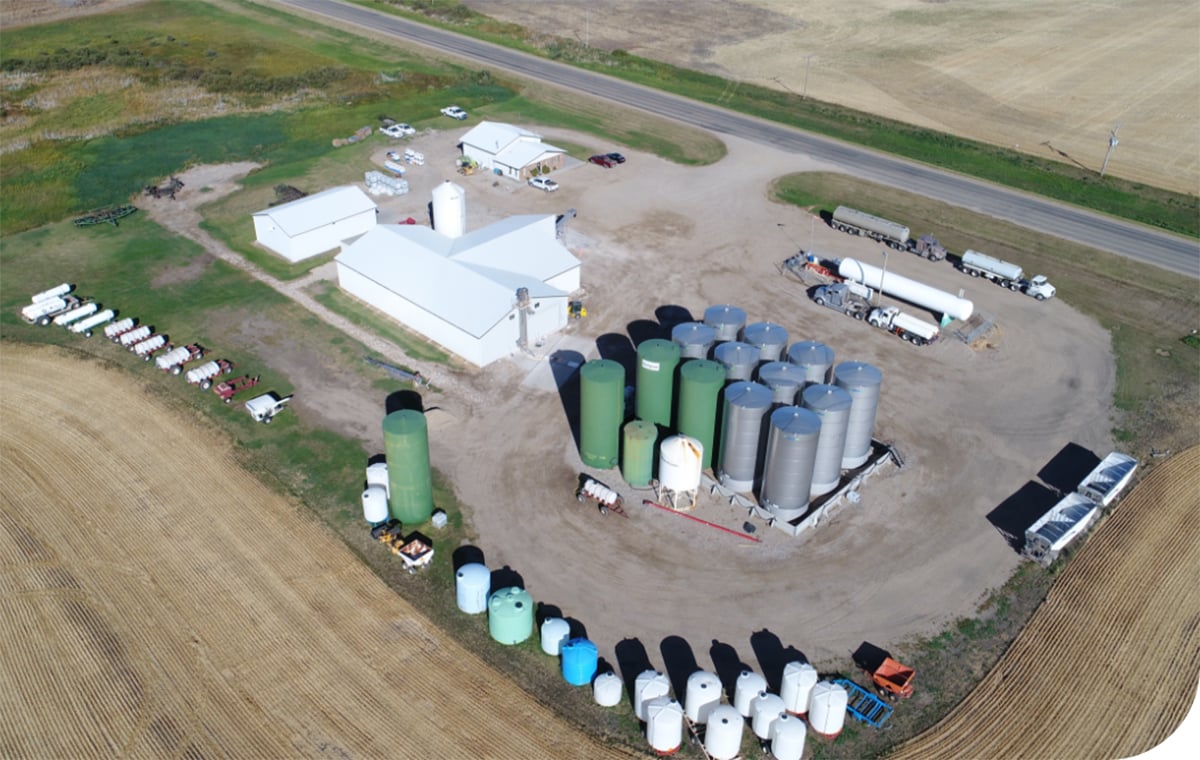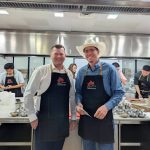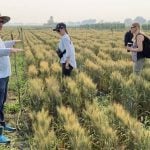Imperfect food movement wants grocery store buyers to ignore bruises or deformities that don’t affect nutritional value of products
There is a richness of choice in Canadian grocery stores but consumers are asking for even more by demanding more organic products and less waste.
The desire to reduce waste birthed the imperfect food movement where fruits and vegetables with flaws or different sizes are offered as part of a special marketing program.
“We noticed a lot of food that goes to waste and food that quite frankly was usable. There was not much wrong with it,” said Frank Pagliaro of Loblaws at the Canadian Produce Marketing Association convention in Calgary from April 11-14.
Read Also

Saskatchewan Co-ops to acquire Blair’s locations
Blair’s Family of Companies will be turning over the operation of six ag retail locations in Saskatchewan to local Co-ops
Offering substandard produce is not the goal because the supply is inconsistent and often growers are able to find other uses for those products, said Mike Furi of The Grocery People, a western Canadian wholesaler.
“Trying to get somebody to grow something that is substandard is not where we are going. But the demand for organic has been growing so fast that that is what we are encouraging everyone to do whenever we can,” Furi said.
Loblaws has been offering organic products for 10 years and the company is seeing double digit growth. Consistent supply is the challenge, said Pagliaro.
“We simply cannot get enough volume or product today even though we are aggressively working with our growers across the country to develop and hopefully transition more to organic production,” he said.
Conversely consumers are rejecting GMO products even though there is very little on the market.
“We believe in the science based part of the industry that has been approved by CFIA and other scientific bodies that said it is not harmful,” Furi said.
More education is needed because most people do not know what it actually means.
“It just has a negative connotation. Nobody wants to put that in their stores and have them picketed,” he said.
Mike Ecker of Vineland Growers, an Ontario based fruit growers co-operative, said members believe there is a place for GMO products to feed the world. More of his members are transitioning toward organic production.
As for other growing practices, most retailers do not have the space to promote integrated pest management or low impact farming. If someone wants to pursue that approach, they need to make sure there are buyers, said Furi.
“We don’t have the real estate to support all the schemes,” said Furi.
Another trend is more packaging of food items even though consumers say they think it is wasteful.
More fruit and vegetables are enclosed in plastic for sanitation reasons but people still like to feel the products.
“As a merchant there is a balance. You can’t lose that market feel when you go into the produce department,” Pagliaro said.
There has also been tremendous improvement in packaging with more recyclable plastics, he said.

















